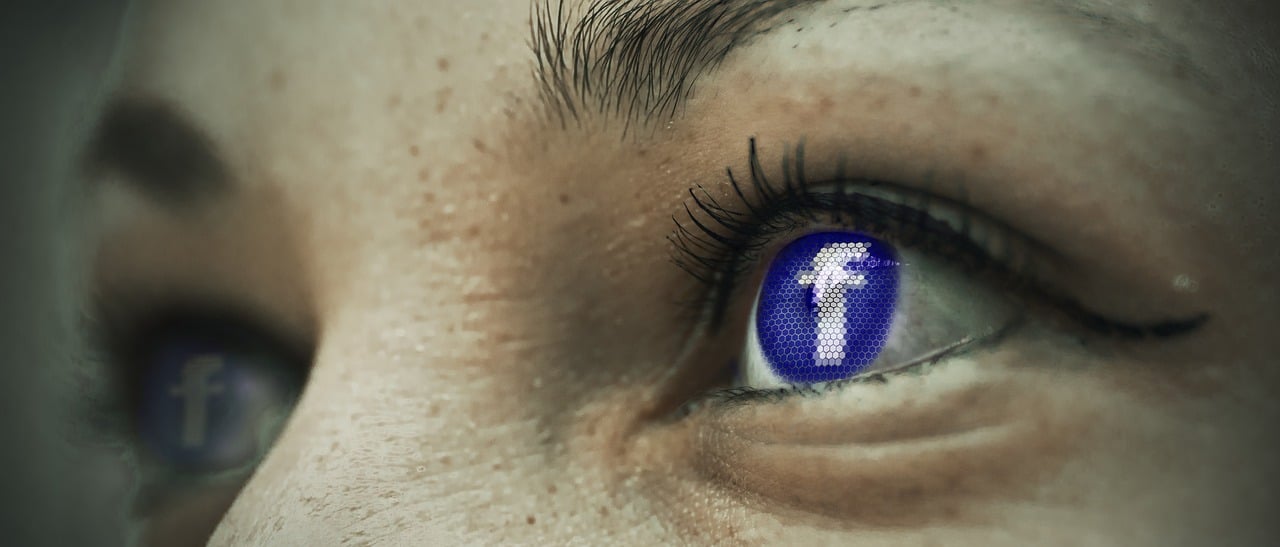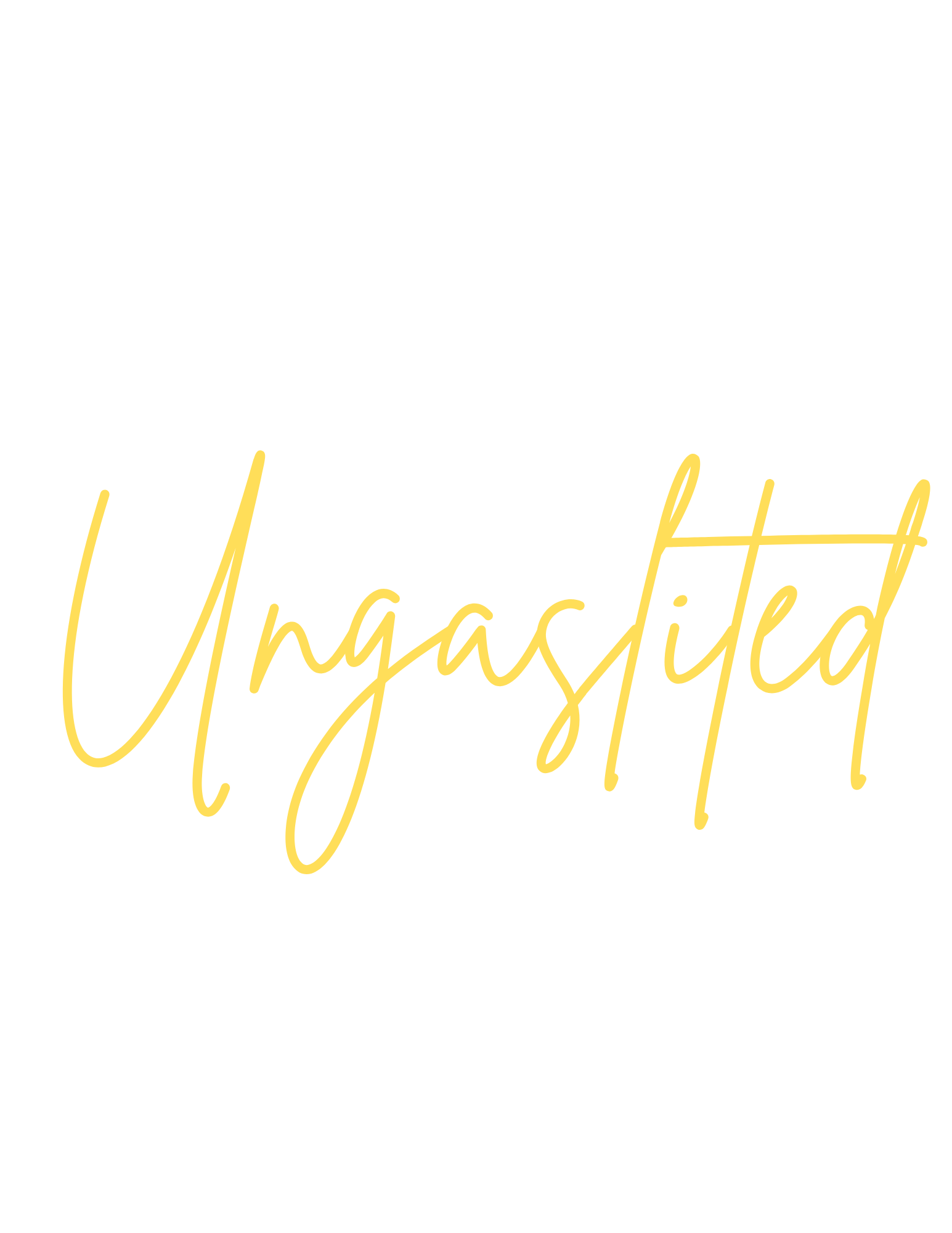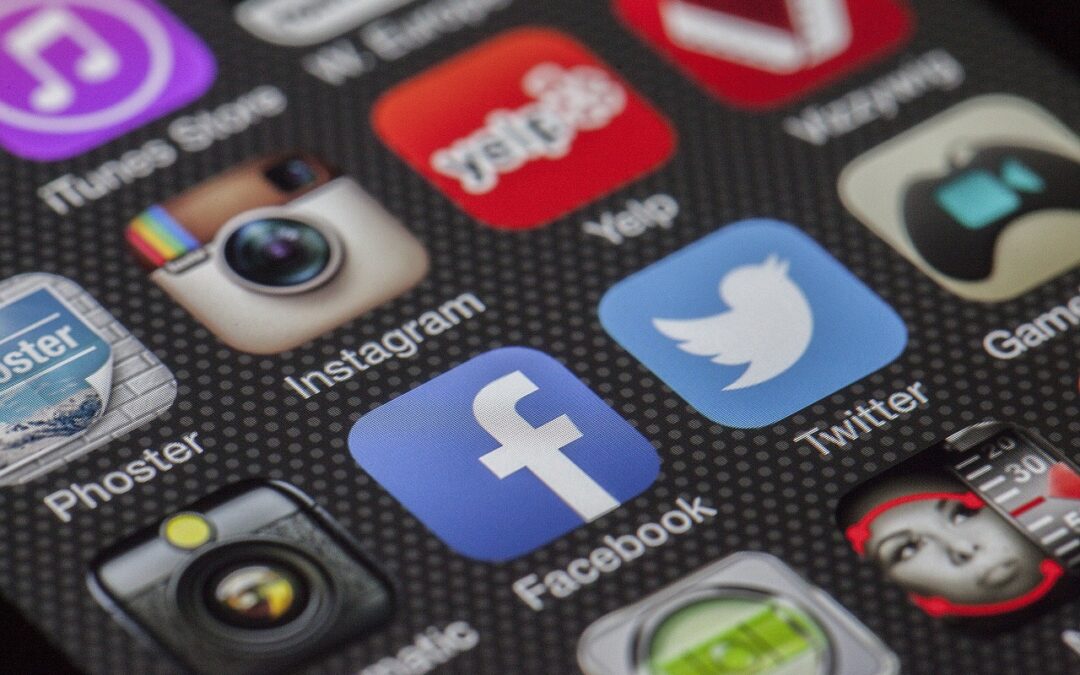
Social media safety is now more important than ever. It is no longer possible to avoid social media; at least, we may even have to use a few platforms for work.
Social media is a breeding ground for narcissists, as it offers them the opportunity to gain attention with minimal effort – they don’t even have to leave their house. Therefore, understanding a few safe practices can help you stay safe from narcissists online.
Let us look into how we can use social media to reduce the toxicity. Let’s explore the ways we can use social media to our advantage while ensuring healthy boundaries and interactions.
These are some of the pointers for social media safety.
1. If possible, keep your profile private on at least a few of the platforms you use for fun.
This way, you will know exactly who follows you. Also, you will reduce the chances of attracting new narcissists into your life. This is quite helpful for platforms such as Instagram and Facebook.
2. Block all the narcissists beforehand.
Block the narcissists before they send you follow requests. Identify problematic people and block them in advance. This way, you can avoid awkward situations if they send you a request.
Narcissists will continue their bad behavior in virtual spaces, now having the opportunity to embarrass you in front of your other online friends. So, it’s better to block them from the beginning.
If you don’t accept their requests, they might take it as one more reason to dislike you and spread rumors about you. They can use this as an example to tell others that you are rude.
3. Don’t respond immediately if a narcissist sends a request.
If you’ve missed blocking some narcissistic people, it’s better not to respond immediately. Wait for a few weeks; some of them may cancel the request themselves, fearing rejection.
If the requests are not canceled, you can proceed to block them. It’s better to act late than never. Be prepared to face potential repercussions; they may speak ill of you. However, it’s essential to stand your ground.
4. Block enablers too.
Enablers might be following narcissists and will pass on your information to them. So it is wise to block enablers too. Enablers will act as source of your information to the narcissists. So it is better to block them if you want to keep narcissists away from your life.
5. Don’t allow others to tag you or mention you or share your personal content.
Even if some of your friends follow narcissists or their enablers, this way your content gets shared to only people you intend to share with. Do not share even good news with narcissists and their enablers.
6. Update the list of accounts you follow and your followers once in a while.
Update your followers and following lists at least once a year. Promptly block anyone displaying problematic behavior or sharing inappropriate content.
Not everyone you follow may be known well enough to label them as narcissistic or not. When you identify problematic behavior, take immediate action and block them.
7. Deactivate your account if you’re not using social media for a while.
Deactivate your profile during inactive months to prevent strangers and others from sending you messages or friend requests. This is an effective way to safeguard your account from hacking when you’re not using it.
8. Take regular breaks from all social media.
This is a great middle ground that you can use if you don’t want to completely disconnect. This way, you won’t miss out on anything, but you can decide when to be active without feeling any pressure to post or like. Additionally, going completely off social media can sometimes unfortunately raise suspicion.
9. Pay attention to privacy policy updates on social media apps.
Ensure that by default, the app is not sharing any information you didn’t intend to share. Turn off location access for social media apps to enhance your safety. Review the ‘Privacy settings’ on all social media apps at least once a year.
10. Don’t use or disclose your full name to strangers on social media.
Once you have followers that you trust, try changing your username to something close to your first name but never use your full name. This is especially good for platforms which you are using for fun. For professional platforms, you have the option to hide your last name to strangers.
11. In public accounts, promptly block negativity when you encounter it.
Delete the first bully comment immediately. Don’t try to respond or engage. Shut down the negativity promptly before it can attract more bullies. Bullies gain confidence in groups, so don’t allow them to form groups in your digital space. Make your account a safe space for everyone who follows you.
12. Don’t try to indulge in fights/arguments online.
Narcissists are just attention seekers, and there are plenty of individuals who have too much time and resources on their hands. Don’t waste your time and energy getting involved in pointless arguments about anything. Refrain from responding to triggering comments or articles; instead, simply unfollow or block them.
13. Be cautious when chatting with strangers on social media.
Even when playing board games or online games, it’s safest not to chat with strangers. If you choose to do so, avoid disclosing any personal information. You never know the true identity of the person you’re chatting with.
14. Report bad behaviour immediately.
First, report to the platform. If you observe more dangerous behaviors, inform the authorities. Holding people accountable for their bad behaviour is extremely important for building a healthy online culture.
15. Take screenshots of bad behaviour or cyberbullying.
Since it’s happening online, you can have proof of cyberbullying or bad behavior. Take screenshots of every negative comment before deleting or reporting them.
16. There are cyberlaws to protect you.
Please reach out to authorities if your sense of safety and security is being disturbed.
17. Do not engage with online bullies.
Whether it’s fights, chats, arguments, or debates, please remember not to engage. Block them immediately. You might think it may not affect you since you may not know them, but bullying is bullying, and it can have an impact on your mental health.
18. Quality over quantity.
It’s not about the number of followers or likes; it’s about the kind of people you surround yourself with, both physically and virtually.
19. If you feel stressed and anxious using social media, then it is better to leave social media.
20. Be mindful of the time you spend on social media as well as the content you consume.
Set a timer to keep track of the amount of time you mindlessly scroll on social media. It’s always better to seek entertainment intentionally rather than allowing some platform to indirectly dictate what you consume.
21. Ignore and block toxic positivity too.
If social media content triggers you, such as posts about happy families that remind you of what you don’t have, it’s better not to follow such people or posts. Don’t feel guilty about unfollowing them.
Not everything is positive, and sometimes events are just negative, without a bright side. It’s okay to grieve your losses. It’s also better to block people who have an overly idealistic view of the world.
22. Post or use social media only when you are truly happy and grateful.
Do not use social media as a platform to overcompensate for your insecurities by seeking constant validation. The same people who offer you validation can take it away at any time. Don’t grant anyone that much power to dictate your state of being.
23. Do not use social media to flaunt material wealth.
Firstly, it’s not safe and can attract individuals with malicious intentions.
Secondly, it can negatively impact someone’s self-esteem. Your intention when posting should not be to make others feel bad about themselves. If you feel the urge to do so, it’s better to block such individuals. You don’t need anyone’s validation to determine your self-worth.
24. Do not share private or sensitive information.
Do not share details such as your residential address, phone number, email, location, etc.
25. Make sure you are happy being on social media; otherwise, it is not worth your time or energy.
Social media should ideally be a place to connect with your friends and share in each other’s happiness and sorrows.
Additional resources:
https://www.rainn.org/safe-media
https://www.keepersecurity.com/blog/2022/09/27/7-tips-for-staying-safe-on-social-media/
https://www.ncsc.gov.uk/guidance/social-media-how-to-use-it-safely
https://www.cisa.gov/news-events/news/staying-safe-social-networking-sites

